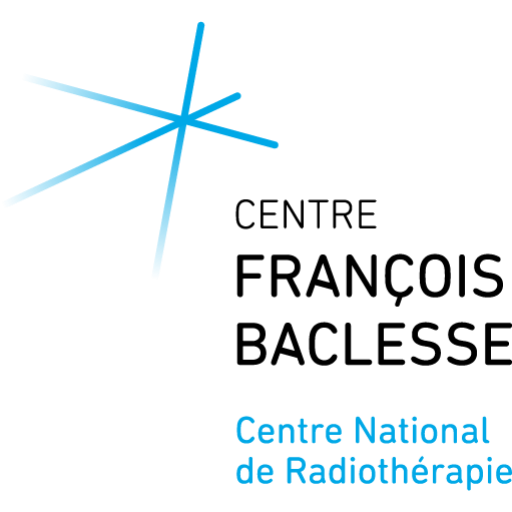After cancer
Help and support
POST-TREATMENT FOLLOW-UP
They are an opportunity to discuss and describe any signs and symptoms that you consider abnormal, especially if they persist. These signs may include:
- The recent appearance of palpable or visible lymph nodes in the neck, armpit, or groin
- Changes in the treated breast or scar
- The discovery of a lump in either breast
- Swelling (edema) of the arm
- General symptoms: unexplained general fatigue, weight loss without dieting
- Bone symptoms: increasing bone pain, especially at night, not relieved by pain medication
- Respiratory symptoms: recent shortness of breath, irritating cough, chest pain
- Digestive symptoms: loss of appetite, nausea, or aversion to certain foods
- Neurological symptoms: unusual headaches, dizziness, vision problems, tingling, numbness, or weakness in the arms, hands, or legs.
These symptoms can be worrying but are not always a sign of cancer recurrence. They may have a completely different and benign cause. That is why it is important to talk to your doctor if you have any concerns, at any time (between appointments if necessary).
These consultations are also an opportunity to discuss with your doctor about how you have been adapting to your new lifestyle and how you have been feeling since the end of your treatment. You can talk to your doctor freely about anything that has been worrying you since the end of your treatment.
In general, follow-up appointments become less frequent and if the doctor does not observe any recurrence of the disease for a period of time (which varies depending on the patient and their history), the patient is considered cured.
END OF TREATMENT: WHAT IMPACT ON THE PATIENT?
Remission should be seen as a new path in life, requiring long-term energy management. Whether for the patient or their loved ones, everyone needs more or less time to come to terms with the ordeal of cancer and regain a normal rhythm of life. It is important to allow yourself time to do this. In addition to the support of loved ones, it can be comforting to meet people who have had or are going through the same experience. Psychological support may also be available.
FEAR OF RECURRENCE
Some people think about recurrence at the slightest sign of pain. During this period, they often feel the need to be reassured by regular check-ups and might feel that the check-ups are not frequent enough. It is important to know that too many check-ups are not necessarily useful; on the contrary, they can increase anxiety. Gradually, this need will fade.
It will be necessary to distance oneself from the disease and undergo several check-ups that show no signs of progression before actually feeling cured.
MANAGING FATIGUE AND SPORTS ACTIVITIES
The treatments cause significant physical fatigue. This sometimes prevents patients from resuming their previous lifestyle. Their bodies are no longer the same. They feel tired more quickly. This fatigue only gradually disappears once treatment is complete. As the months go by, energy and vitality return. Sometimes, the fatigue is accompanied by concentration and memory problems and a feeling of slowness.
During and after treatment, in the absence of medical contraindications to practicing a sport and if the person feels strong enough, physical activity is possible. In most cases, physical activity can be resumed after treatment has ended, when fatigue has decreased.
Physical activity helps you feel better about your body and regain self-confidence. It allows you to determine your abilities and limitations. By promoting relationships with others, sports contribute to a harmonious life. They also help control stress. Some sports associations offer sports adapted to temporary or permanent disabilities, particularly when the body has undergone surgery (mastectomy, ostomy, amputation, etc.).
If practicing a sport is not desired or possible, other gentler physical activities (such as relaxation, yoga, tai chi, etc.) can be considered. Whatever activity a person wishes to undertake, listening to oneself is key.
Patients should adapt their activity to their physical condition, needs, and desires. The recovery period can sometimes be long. Do not hesitate to ask your doctor for advice.
DIET
The disease can sometimes change patients' eating habits, which can lead to weight gain or loss. Consulting a doctor, dietitian, or psycho-oncologist can help you regain a balanced diet. We strongly recommend you to consult a dietitian if you have a stoma in order to find out which foods are recommended for proper digestion.
Your general practitioner can also advise you on how to maintain a healthy diet, both during and after treatment.
Finally, certain habits, such as alcohol consumption or smoking, may need to be reconsidered during cancer treatment, regardless of whether these products contributed to the onset of the disease or not. Cancer is sometimes an opportunity to reduce or give up on behaviors that are harmful to your health. Some hospitals offer specialized consultations to help you quit smoking or drinking. Do not hesitate to talk to your doctor about this.
Help and support

